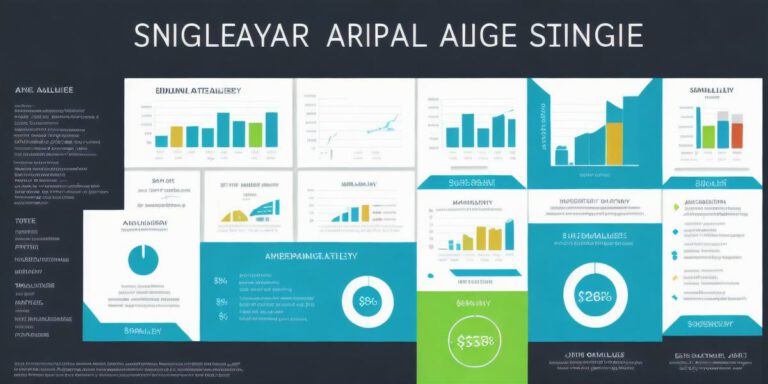Investment banking is a highly competitive and rewarding field, with professionals earning an average salary of $120,000 annually. This article aims to provide readers with a comprehensive understanding of the earnings of investment bankers, including their salaries, bonuses, and other compensation packages. We will also discuss the factors that contribute to these high earnings, such as education, experience, and the competitive nature of the industry.
Salaries:
Investment bankers typically receive a salary based on their level of experience and expertise. Entry-level analysts can expect to earn an average of $70,000 per year, while more experienced professionals may earn upwards of $250,000 per year. The salaries of investment bankers vary depending on the firm they work for, the industry they specialize in, and their location. For example, an investment banker working in New York City may earn significantly more than one based in a smaller city.
Bonuses:
In addition to salary, investment bankers also receive bonuses as a reward for their hard work and success. Bonus amounts can vary widely depending on the individual’s performance and the firm’s overall financial health. The average bonus for an investment banker is around $50,000 per year, but some top-performing professionals may receive bonuses of up to 100% of their salary.
Compensation Packages:
Investment bankers typically receive a comprehensive compensation package that includes benefits such as health insurance, retirement plans, and paid time off. These packages vary depending on the firm and the level of expertise of the employee. In addition to these traditional benefits, investment bankers may also receive equity in the company they work for, which can be a significant source of income if the company performs well over time.
Factors Contributing to High Earnings:
There are several factors that contribute to the high earnings of investment bankers, including their education and experience, the competitive nature of the industry, and the demand for their services. Investment bankers typically have a strong educational background in finance or business, and often gain practical experience through internships or entry-level positions in the industry. This combination of education and experience makes them highly valuable to firms and clients alike.
The competitive nature of the industry is another factor that contributes to high earnings for investment bankers. With a large number of firms competing for business, investment banks must offer attractive compensation packages to attract and retain top talent. Additionally, the demand for investment banking services continues to grow, as more companies seek professional advice on financial matters such as mergers and acquisitions, underwriting, and IPOs.
Real-life Examples:
To illustrate the high earnings of investment bankers, let’s consider some real-life examples. In 2019, Goldman Sachs reported that its employees earned an average of $365,000 per year, including salary and bonuses. Similarly, JPMorgan Chase paid its employees an average of $448,000 in total compensation in the same year. These numbers demonstrate just how competitive the industry is and how much investment bankers can potentially earn.
Conclusion:
In conclusion, understanding the earnings of investment bankers requires a comprehensive analysis of salary, bonuses, and other compensation packages, as well as an understanding of the factors that contribute to high earnings in this highly competitive field. By following this guide, readers will gain a deeper understanding of the financial rewards that come with a career in investment banking.







+ There are no comments
Add yours